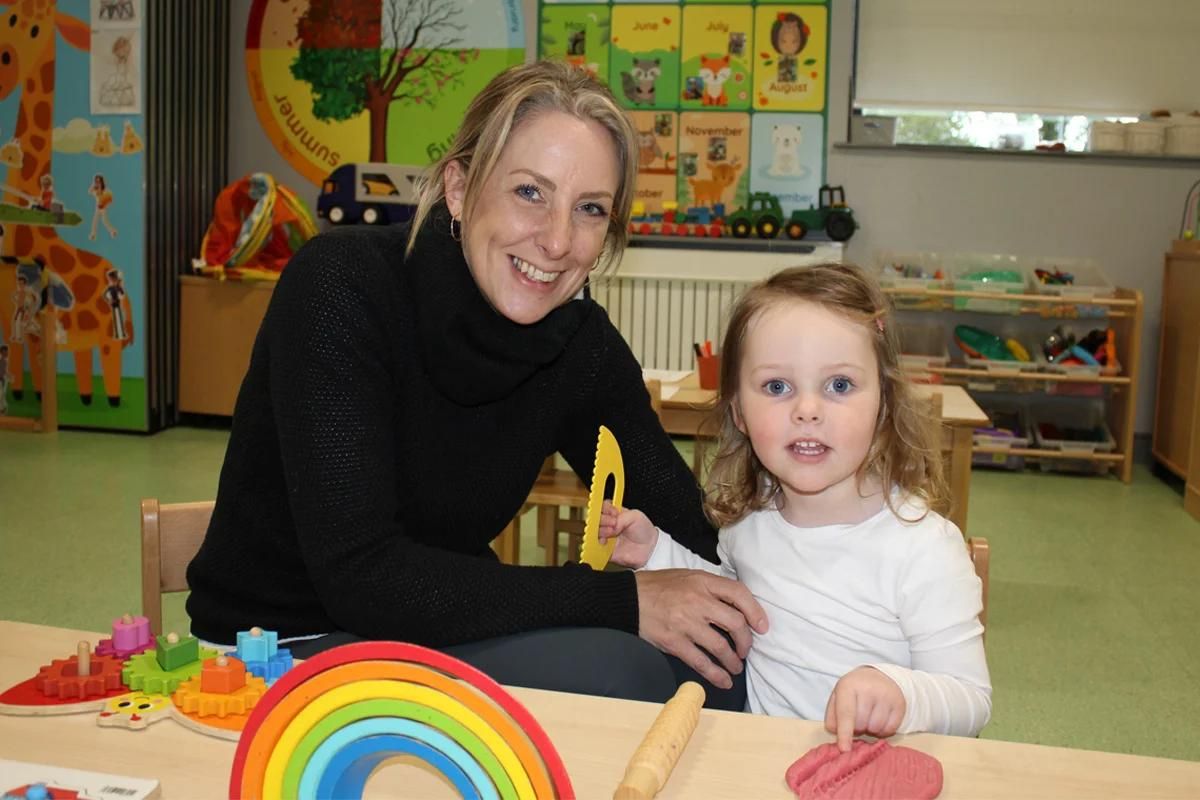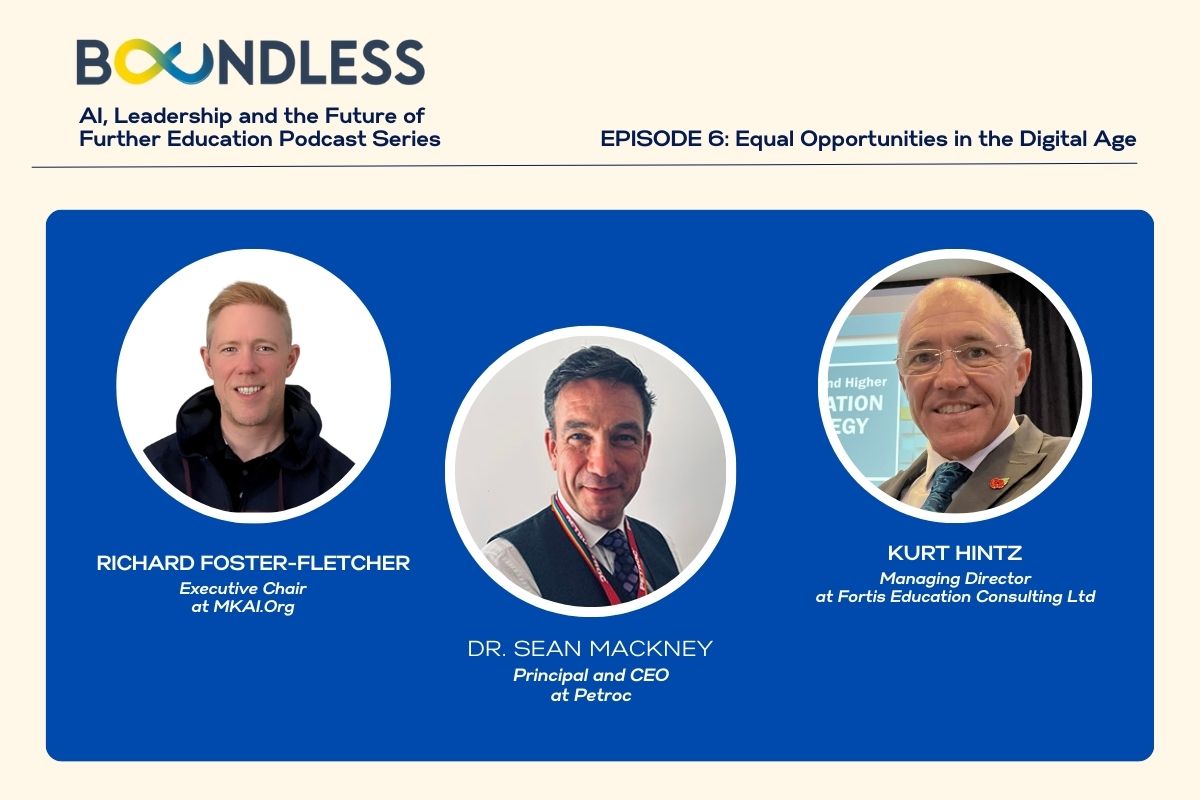Why are we Still waiting to educate our young people?

This week Monday 23rd May, the excellent documentary by Troy Deeney (Footballer and Anti -racism campaigner) Channel 4 ‘s ‘Where’s my History’ led to a petition of 60,000 signatures to appeal making the teaching of black, Asian and minority ethnic history mandatory in UK schools.
(Troy Deeney with the only govt approved black history book)
In the wake of his experience and backlash of ‘taking the knee’ in football matches in support of the 2020 ‘black lives matter’ campaign, his journey discovering the lack of education in schools which include minority history can come as no surprise to those in education. (Troy with the only govt approved book on black history) Troy in the programme aired on Monday last, prompted a face to face meeting with current education secretary, Nadhim Zahawi, suggesting a favourable outcome in the future.
Why not NOW?
I and many others have worked tirelessly to raise the issue of levelling up the disparity between the history taught in our schools and further education institutions and the impact of racism and social interactions with minorities in Britain today. So in the glare of yet another high profile person calling for education to include a wider curriculum. Mr Deeney revealed the results of a YouGov survey he commissioned, which he said showed the majority of British teachers who took part in the study believe the school system has a racial bias, while only 12% feel empowered to teach diverse topics.
FE News published an article on 21st October, in which Troy Deeney alludes to the Welsh government ‘ becoming the first UK nation to make teaching of Black, Asian and minority ethnic histories mandatory in the school curriculum’. The new curriculum is set to be introduced in three months.
Minister for education and language in Wales, Jeremy Miles said
“It is vitally important that our education system equips our young people to understand and
respect their own and other’s histories, cultures and traditions”. There are many barriers to developing curricula and courses but as an educationalist currently teaching in FE there will be challenges to educate young people to gain knowledge and understanding of racism, prejudices and respect views and opinions. Our society reflects our learning , as such if we do not teach all histories in the UK, how can young people tackle racial injustice or engage with people from diverse backgrounds.
We can teach about the Great war, but why not the Black poppies? We teach about Florence Nightingale, but not Mary Seacole? We teach young people about the Roman Empire and Hardian’s Wall but not that the Emperor who completed it was Septimus Severus, the first black Caesar, lived in York. Is this equality? Is it whitewashing? What do we do today?
Given the racist events in recent months and years. The endemic racism at Yorkshire Cricket Club, Black Lives matters campaign, the reaction to England football players (those of Black and minority background) who missed penalties in the 2020 euros. Didn’t other footballers who missed important penalties go on to lead advertising campaigns? So what has changed to educate young people against racism?
To highlight one of many institutions working towards that goal.
Andrea Cowens, Director of Student Life at Luminate Education Group, created a five year plan a year ago agreeing with FE News said, “ Education has a key role in identifying and tackling racism”. The members include Leeds city college, Keighley and harrogate.
Developed by the Luminate Race Equality forum it pledges to;
- Create a five year plan to build anti-racism actions into college culture
- Provide training opportunities to address discrimination, unconscious bias and support students and staff deal with the effects of racism
- Develop and deliver an anti-racist, inclusive curriculum.
If this isn’t just a box ticking exercise, all students could benefit from being exposed to role models in the classroom, experience genuine knowledge and understanding of the rich and diverse history which includes people of colour.
The Luminate group believes in meaningful change and engaging with people from diverse backgrounds and my previous experience and connections are now strengthened by my working with them.
I personally am pleased to say progress in this regard is very exciting and hope to implement an accredited course which we have been developing over the past year. Watch this space.
Other institutions including Wakefield New college, Bradford College, Phoenix Dance company, The Black Curriculum, English Heritage, Black Cultural Archives, RJC Dance, Geraldine Connor Foundation, Peepal Tree Press, as well as Goldsmiths, Leeds, Bradford and Huddersfield Universities have given support to my research and guidance on the development of accreditation with both AQA and Edexcel exam boards.
Teaching Black and Asian history in schools and FE
A number of reports, reviews and bodies have said that to reduce and even eradicate racism we must educate those who are fed false narratives or misunderstood our contribution to British culture.
The windrush review stated ‘schools need more inclusive curriculum and that decolonisation, although under way in most schools and institutions, is not being listened to by the government. As with the petition by Troy Deeney, even having a meeting with the education secretary Nadhim Zahawi, other people are calling for action to tackle racism.
Dr. Patrick Roach, General Secretary of the NASUWT- The teacher’s union said;
“The evidence of racism in Britain today is there for all to see. Young people from Black backgrounds are more likely to be unemployed than white workers at every level of qualification… This evidence is not anecdotal. Racism is real and it is systemic”.
While Paul Whiteman, general secretary of the school leaders’ union NAHT stated,
“Education remains one of the best tools we have to tackle the scourge of racism and inequality in this country, but this must be set alongside a wider societal approach”.
While I support the sentiment and work these bodies and reports have indicated, I would like to return to the core title of the article, waiting. The passionate momentum of the BLM, the outpouring of support for a change in the curriculum to include black history, has fallen short of implementation in the classroom. Yes, some schools have introduced campaigns, tasters, and the Welsh government will have the curriculum integrated into their timetables by September 2022, but even the Dept for Education report ‘HOW BLACK, ASIAN AND MINORITY ETHNIC HISTORY IS TAUGHT IN OUR SCHOOLS’, has shown a reluctance from teachers to teach Black history. Research has shown that 50% of teachers feel the work would be challenging in terms of the topics. Some 10% of white staff and 20% of BME staff reported feeling trained to deliver on topics of race and ethnicity. This falls far below the threshold of any subject taught in schools today. Opportunity to implement innovation.
As mentioned in previous articles, I believe the extensive development of a Black, Asian British History curriculum is paramount until we integrate the diverse cultures throughout the great and not so great history of the Islands of Britain, the commonwealth and its influence and legacy.
Having key aims, reports, recommendations are not teaching our young people about the range of history available to them. Any plans, working bodies, teams, groups hoping to achieve are NOT actually delivering in the classroom. The dept for education report says they have consulted with leading voices of Black history but who are they; Birmingham City University ; as they are delivering Black Studies undergraduate course, speaking to Professor Kehinde Andrews, or Leeds University ,Centre for Ethnicity & Racism Studies or dozens of others I could mention support the education of Black and Asian History in schools including leading publishers Peepal Tree Press, whose award -winning writers have written extensively on the topics. .
https://www.peepaltreepress.com
Yet we wait on others less qualified or experienced to report, we can move, start begin with short, accredited courses and programmes which innovate and address the inadequacies of current status. We can deliver a framework designed to raise questions at all key stages;
- Key stage 1. The lives and history of the commonwealth e.g. The black poppies.
- Key stage 2. The curriculum requires non-European study of a society e.g. West
- Africa from 900-1300 AD.
- Key stage 3. Exploring Industry and Empire ( India, Nigeria, West Indies) Culture,
- food, language, music, art, innovation politics etc.
- Key Stage 4. (GCSE) (image of small Axe BBC One drama)
(Steve McQueens Small Axe)
Extend knowledge of specific events in society and the wider world. (Bristol Boycott, West Indian Carnival, Mangrove 9 , Patois, Bradford mill workers, Spices and saris). So who will be first to innovate and allow young people to gain new knowledge and shine. With all the support and knowledge the opportunity to move forward has never been more important. It can not just be Welsh schools who deliver to pupils, FE must contribute to the removal of the stigma of racism by complementing their skills and knowledge, help the understanding of individual experiences, removing conflict and marginalisation to show the investment made by previous generations and to embrace the work in all educational institutions. Why not now in 2022. And will it be 2022? .











I published this in hope of gaining response to the question of Black /Asian history courses in FE. Any feedback would be welcome.